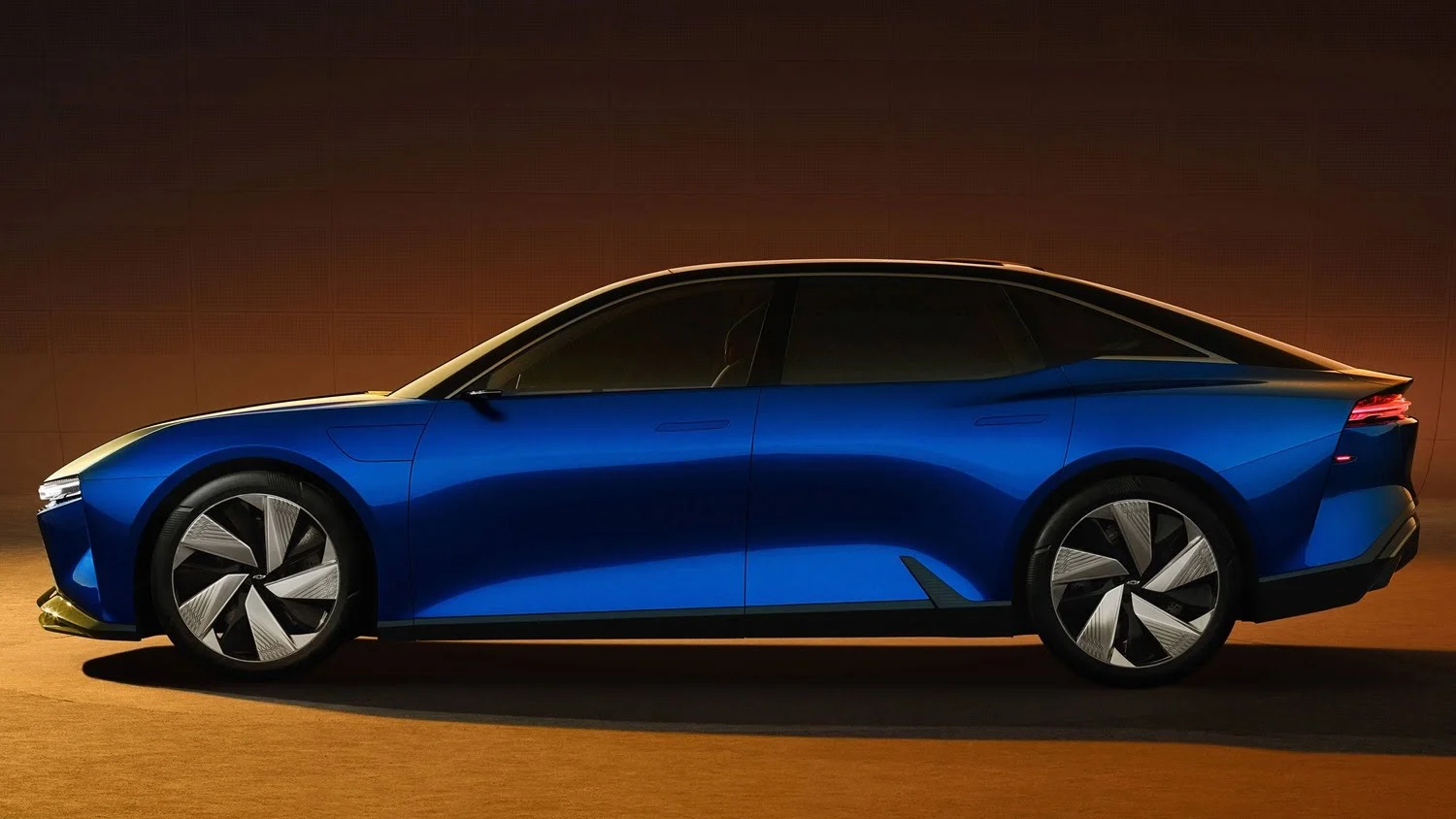In the United States, we have a reasonable expectation of privacy. That means you can’t escape an influencer’s camera lens while in public, but you can live in your residence and let it all hang out to your heart’s content.
So, what about when you’re driving in public? A court case in Georgia may clarify what your expectations should be.

Currently, you can drive a modern General Motors vehicle and, while you accumulate miles, the vehicle’s computer is accumulating driving data that can be sold to another company. GM’s position is that “driving a vehicle—which necessarily involves conduct that takes place on public roads—cannot form the basis for any privacy-based claim” because “a public place is not an intrusion upon one’s privacy.”
However, the plaintiffs in the lawsuit claim they had a “reasonable expectation of privacy” regarding their driving behavior, and that GM violated the Federal Wiretap Act, the Stored Communications Act, and the Computer Fraud and Abuse Act. Nonetheless, GM counters that “roadways are public, and these behaviors are observed by all.”
That’s definitely true and, as a result, we have had to rely on law enforcement to bear witness to infractions, with the opportunity to face our accuser. That’s been one argument against red-light or speed cameras, though laws will depend on the state—some have banned automated cameras, while others limit where the cameras can be used (for example, in Scottsdale, Arizona, cameras are allowed on municipal roads but not on state highways).
General Motors claims, “Driving data includes vehicle location, driving routes, braking events, and speed, all of which occur on ‘public thoroughfares,’” and then cites a 2015 case where, according to Motor1.com, the courts ruled that a person being surveilled by a drone did not have his/her privacy violated because the person was in public.

LexisNexis and Verisk are co-defendants in this case because GM sold them the data. Of course, they too are requesting the case be dismissed. “Plaintiffs allege that Driving Data was collected from their vehicles as they drove on public roadways,” the pair said in their filing. “Courts consistently hold there is no reasonable expectation of privacy in driving activity on public roads.”
Considering your car logs everything between Point A and Point B, and the manufacturer may give data to an organization that you may or may not deem nefarious (read: your insurance company), can you expect your rates to increase based on charges that you don’t know about and cannot fight?
Like the Luddites discovered over 200 years ago, the nature of technology will challenge our belief systems, but everything should settle appropriately.

